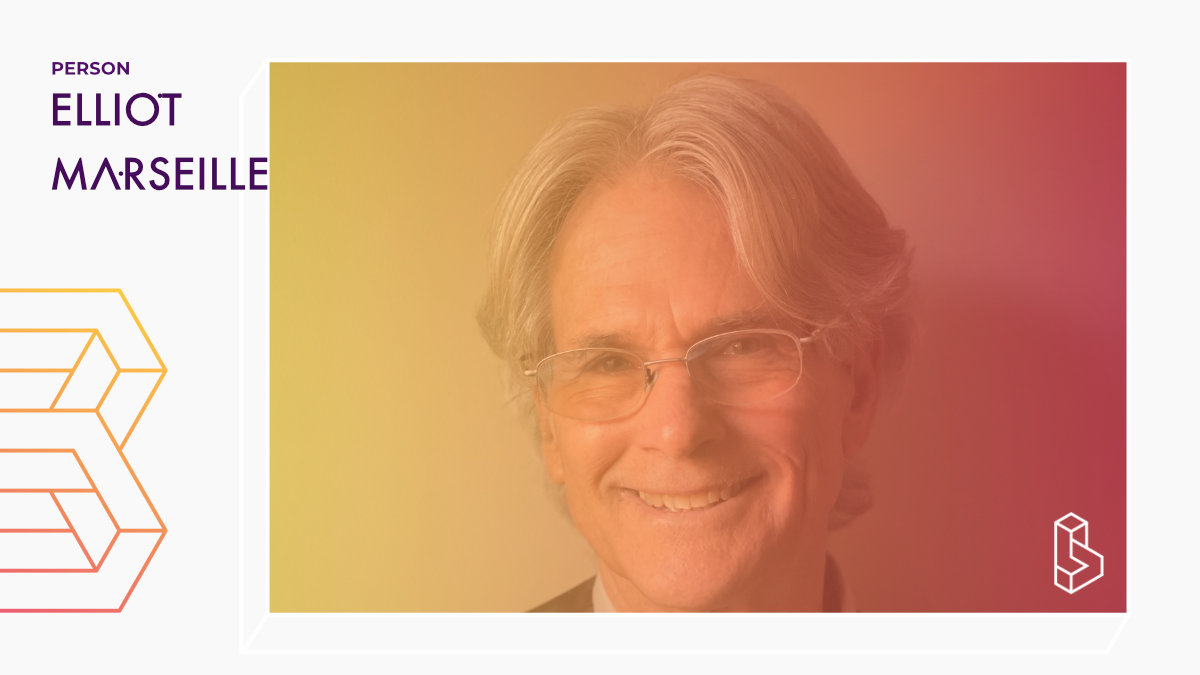Dr. Elliot Marseille, equipped with over 35 years of experience in public health management and research, has made significant contributions to the field of health economics. His work has extensively covered the economic aspects of global health diseases and conditions, notably HIV/AIDS and, more recently, psychedelics.
HIV/AIDS Research
Dr. Marseille’s work in HIV/AIDS has been influential in the public health sector. He has delved deeply into the cost-effectiveness of various interventions and treatments for this global health challenge, providing valuable insights and guidance for public health policies and strategies.
Current Focus: Health Economics of Psychedelics
Currently, Dr. Marseille’s professional journey has led him to the burgeoning field of psychedelic-assisted therapies. He stands as a leading expert on the economics of these emerging treatments. His insights are particularly focused on the cost-effectiveness and economic viability of psychedelic therapies, a relatively new area in mental health treatment.
Role at UCSF and Health Strategies International
In addition to his research, Dr. Marseille is the Co-Course Director for “Cost-Effectiveness Analysis in Medicine and Public Health” at the University of California, San Francisco (UCSF). He is also the Principal of Health Strategies International, a firm specializing in health economics and policy.
Directorship at GIPSE
Dr. Marseille is also the Director of the Global Initiative for Psychedelic Science Economics (GIPSE). In this role, he is instrumental in shaping the economic research agenda for psychedelic therapies, focusing on demonstrating their cost-effectiveness and broader economic implications.
Contributions and Impact
Dr. Marseille’s career, spanning over three decades, marks him as a pivotal figure in health economics. His transition from focusing on HIV/AIDS to the economics of psychedelic therapies highlights his adaptability and commitment to addressing contemporary public health issues through an economic lens.
Marseille’s background
Elliot Marseille’s journey in the realm of psychedelic science is deeply interwoven with his personal history and professional expertise in health economics. Growing up in Berkeley during the 1960s and 1970s, a time and place synonymous with countercultural movements and psychedelic exploration, Marseille’s early exposure to psychedelics was almost inevitable. His father, a Freudian psychoanalyst, used LSD in patient treatment and openly shared his experiences with young Elliot. This early exposure instilled in him an understanding of the “magical” potential of psychedelics.
Marseille’s personal explorations in psychedelics deepened in the 1980s through his acquaintance with Leo Zeff, known as “The Secret Chief” in psychedelic circles. His understanding of the transformative potential of these substances grew, paralleling the interests of his mother, a psychotherapist who also engaged with psychedelic therapy in her practice.
Professionally, as the Director of the Global Initiative for Psychedelic Science Economics (GIPSE), Dr. Marseille focuses on the crucial economic aspects of psychedelic-assisted therapy (PAT). He emphasizes the importance of moving beyond just safety and efficacy in PAT research to address economic questions, such as cost-effectiveness, societal impact, and integration into healthcare systems. His work involves analyzing the cost-effectiveness of therapies like MDMA-assisted therapy for PTSD. For instance, his analyses have shown that MDMA-assisted therapy can generate substantial healthcare savings and quality-adjusted life years (QALYs), making it not just effective but also economically beneficial.
Marseille also addresses the challenges in translating clinical trial results into real-world effectiveness. He acknowledges the necessity of real-world data to understand the actual impact of psychedelic therapies, as efficacy in controlled trials often differs from effectiveness in broader applications.
Another significant aspect of his work is examining the effects of psychedelics in both clinical and non-clinical settings, focusing on mental and behavioural health outcomes. He advocates for comprehensive data collection to understand the full impact of these therapies.
Marseille’s perspective on the economic analysis of psychedelic therapies is nuanced. He recognizes the ethical implications of such analyses, understanding that demonstrating cost-effectiveness can influence drug pricing and access. He argues for a balanced approach that aligns incentives without limiting access to effective treatments.
Looking forward, Dr. Marseille sees great potential in psychedelic therapies for treating conditions beyond PTSD, such as smoking cessation and alcohol use disorder. His anticipation is based on promising interim findings in these areas, suggesting potential cost-effectiveness and broad societal benefits.
However, he also expresses concern about the management of adverse effects in some individuals following psychedelic experiences. He highlights the ethical obligation to support those destabilized by such experiences, emphasizing the need for proactive strategies to address this issue.
Overall, Dr. Elliot Marseille’s life story and work embody a unique blend of personal experience and professional dedication to understanding and optimizing the role of psychedelic therapies in healthcare and society. His contributions to the field of health economics in the context of psychedelic science reflect a deep commitment to addressing contemporary public health challenges through an economic lens, informed by a rich personal history with these substances.
Explore more info with a membership (any level)
🧑 Extended profile information
📈 In-depth psychedelic reports (Sprout & Tree)
🪄 Weekly psychedelic research & implementation newsletter (free)

